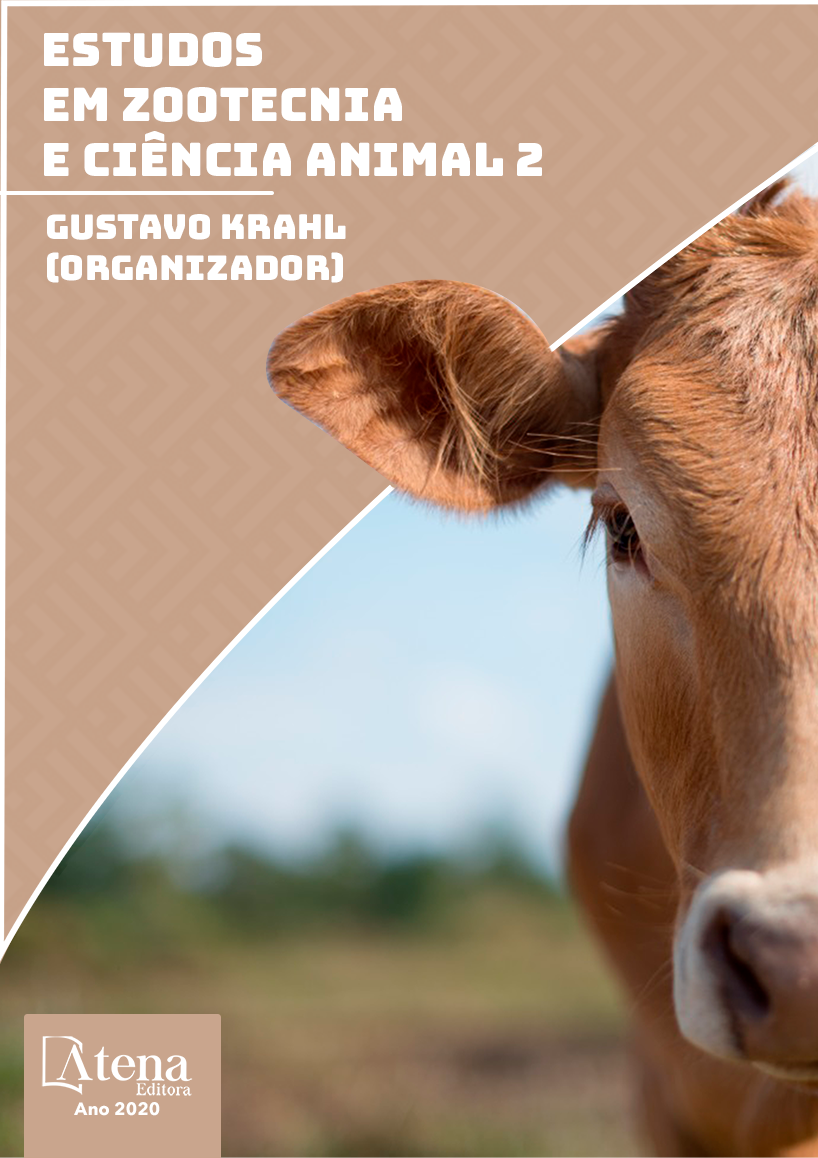
BOVINO CURRALEIRO PÉ – DURO E O DESENVOLVIMENTO RURAL SUSTENTÁVEL NA COMUNIDADE TRADICIONAL QUEIMADA DOS BRITOS, NO PARQUE NACIONAL DOS LENÇÓIS MARANHENSES, BRASIL.
O bovino Curraleiro Pé – Duro é um animal rústico e resistente, adaptado as condições adversas do nordeste brasileiro, possui um material genético de extrema importância para o avanço do agronegócio no país e que vem sendo conservado e usado de maneira sustentável por povos tradicionais em regiões isolados do Parque Nacional dos Lençóis Maranhenses (PNLM). O presente trabalho teve como objetivo diagnosticar as condições de criação desses animais e avaliar as perspectivas para o uso desses bovinos na implementação do desenvolvimento rural sustentável dentro das comunidades rurais no PNLM. A pesquisa foi realizada no município de Santo Amaro – MA, na comunidade denominada Queimada dos Britos e se estabeleceu como um estudo de campo, com observação direta das atividades agropecuárias realizadas na localidade, entrevistas, aplicação de questionários semiestruturados e registro fotográfico das atividades. Os criatórios foram classificados em como Baixo Nível Tecnológico (BNT), animais criados de forma precária e sem orientação técnica, resultando em baixos índices zootécnicos na atividade. A criação é realizada de forma natural por comunidades tradicionais e possui características de atividade rural sustentável, com entrada mínima de insumos externos. Os resultados indicam que esses animais possuem importância econômica, histórica e cultural para essas comunidades e podem ser valorizados e utilizados de maneira racional e sustentável na região do PNLM.
BOVINO CURRALEIRO PÉ – DURO E O DESENVOLVIMENTO RURAL SUSTENTÁVEL NA COMUNIDADE TRADICIONAL QUEIMADA DOS BRITOS, NO PARQUE NACIONAL DOS LENÇÓIS MARANHENSES, BRASIL.
-
DOI: 10.22533/at.ed.12420240422
-
Palavras-chave: Sustentabilidade; Conservação; Comunidades Tradicionais; Raças locais.
-
Keywords: Sustainability; Conservation; Traditional Communities; Local breeds.
-
Abstract:
The Curraleiro Pé - Duro bovine is a rustic and resistant animal, adapted to the adverse conditions of northeastern Brazil, has a genetic material of extreme importance for the advancement of agribusiness in the country and has been preserved and used in a sustainable way by traditional peoples in isolated regions of the Lençóis Maranhenses National Park (PNLM). This work aimed to diagnose the breeding conditions of these animals and to evaluate the perspectives for the use of these cattle in the implementation of sustainable rural development within rural communities in the PNLM. The research was conducted in the municipality of Santo Amaro - MA, in the community called Queimada dos Britos and was established as a field study, with direct observation of farming activities carried out in the locality, interviews, application of semi-structured questionnaires and record photographic of the activities. The ranches were classified as Level Technological Low (BNT), animals raised in a precarious way and without technical guidance, resulting in low zootechnical indexes in the activity. The husbandry is carried out in a natural way by traditional communities and has characteristics of sustainable rural activity, with minimum entry input from external supplies. The results indicate that these animals have economic, historical and cultural importance for these communities and can be valued and used in a rational and sustainable manner in the PNLM region.
-
Número de páginas: 15
- Rafael Assunção Carvalho
- Francisco Carneiro Lima
- Rafael Michael Silva Nogueira


